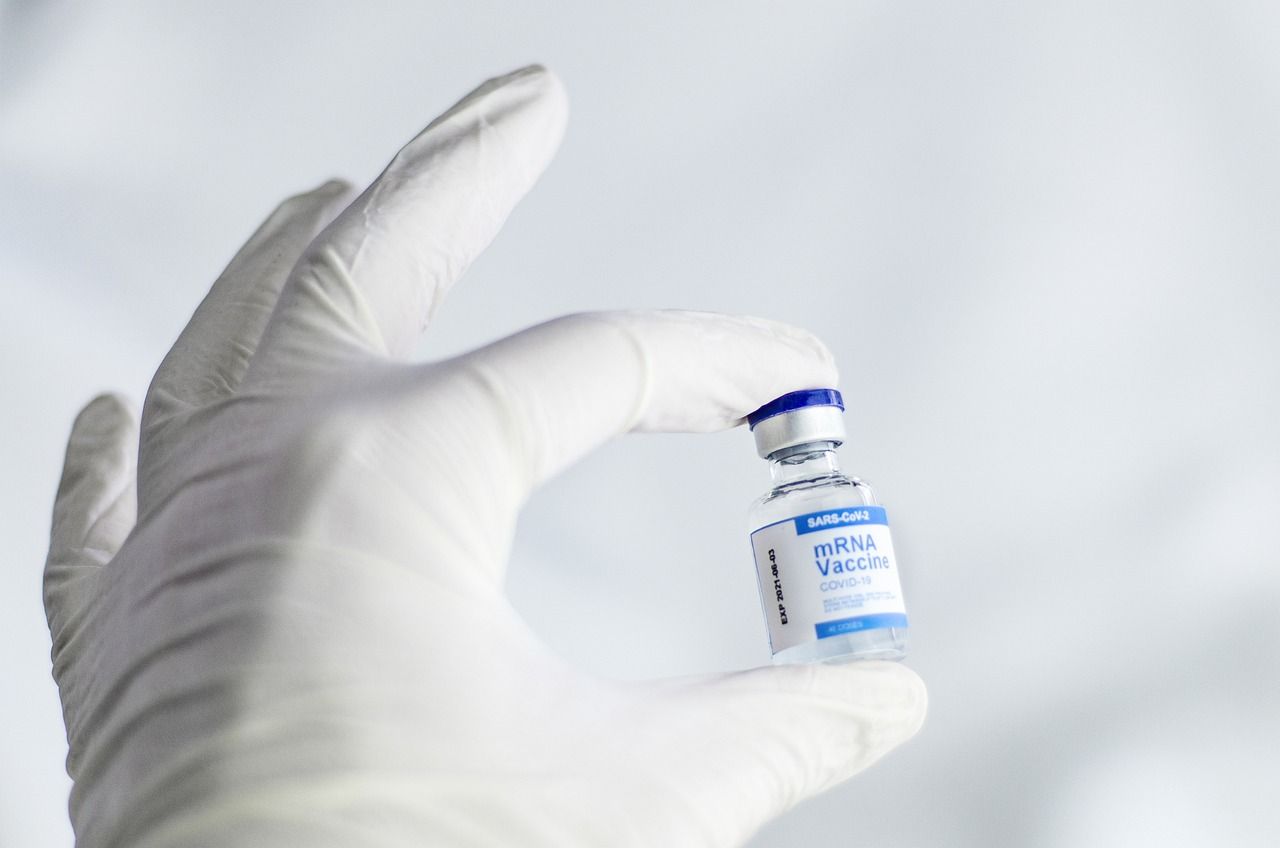Follow us on Google News (click on ☆)
The results of this study were published on April 23, 2024, in the JAMA Network Open.

The ability of intramuscular mRNA vaccines against SARS-CoV-2 to induce an antibody response at the mucosal level remains debated.
The ability of intramuscular mRNA vaccines against SARS-CoV-2 to induce an antibody response at the mucosal level remains debated.
This study was based on COVICOMPARE-M and COVICOMPARE-P trials and aimed to compare the humoral response of individuals vaccinated against Covid-19 with mRNA vaccines. Specifically, it analyzed the salivary antibody response in naive subjects (not infected by SARS-CoV-2 before or between vaccination phases) compared to those who had been infected before vaccination (pre-infected).
A total of 427 participants were included in the study, among which 120 were pre-infected. Between February and July 2021, naive participants received two doses of the Moderna or Pfizer-BioNTech vaccine. Pre-infected participants, however, received only one dose of the Pfizer vaccine. Samples were collected before the first dose (Day 1), before the second dose (Day 29), then at Day 57 and Day 180.
SARS-CoV-2-specific salivary IgA1 antibodies were detected more significantly in pre-infected subjects than in naive ones. However, after vaccination, a slight increase in IgA levels was observed in non-pre-infected participants who received the Moderna vaccine.
In comparison, SARS-CoV-2-specific IgG antibodies were widely detected in saliva after vaccination in both naive and pre-infected subjects. In both cases, the levels of IgA and IgG antibodies measured in saliva strongly correlated with serum levels, indicating a likely diffusion from blood to saliva.
The findings show that mRNA vaccination is associated with very low mucosal-specific immunity, but at much lower levels in naive participants. Further studies are needed to determine the relationship between specific salivary IgA levels and the prevention of SARS-CoV-2 infection or transmission.
Note:
1 - IgA antibodies are primarily found in secretions (saliva, tears, digestive and pulmonary secretions). They are also present in the blood in much smaller amounts than IgG antibodies. There is a specific form of IgA, secretory IgA, found only in secretions where it plays a particularly effective antiviral role.